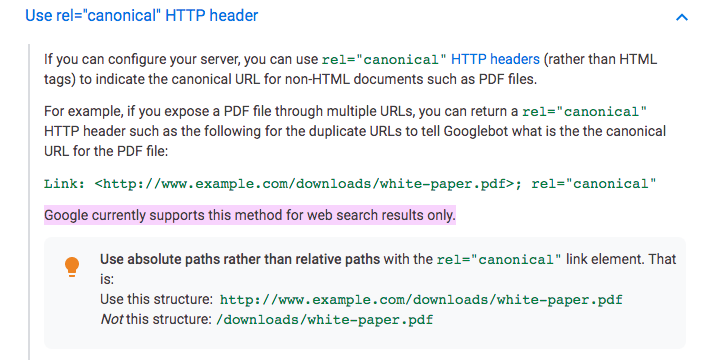Jetpack comes stock with a WordPress org install.
It’s actually the most used plugin on WordPress with 100,000 installs on a bad day. WordPress is the most used CMS on the internet, so it’s a big deal how effectively this plugin does it’s job(s).
What is Jetpack?
It’s made by Automattic, the makers of the wordpress.com (the private company with a paid site builder, web hosting, domain registration blogging platform) and original wordpress.org FOSS (Free Open Source Software) developers/contributors.
Jetpack is packed with features that promise to improve:
- site performance (managed file and image hosting so pages load faster, lazy loading so images load only when needed)
- website security (login protection, downtime monitoring)
- site management (backups, stats, automated social posting, sidebar customizations)
Jetpack is a freemium mega plugin with a suite of site plugin type tools (some free features, some subscription features) and one of the key ways that Automattic monetizes WordPress org sites.
From an incentives standpoint, it is financially beneficial for Automattic to solve core WordPress problems (speed, security) with a plugin where a percentage of users of that plugin will end up paying a subscription.
It’s well coded and does what it’s supposed to. It’s not “clunky” because you get to choose which features (modules) to activate.
Now I love WordPress and I don’t at all think Automattic is doing anything wrong here – that’s the WordPress way. But it’s worth understanding that when they defend Jetpack, that it’s a company defending a (lucrative) product.
Hubbub around Jetpack being bloatware that slows sites down
For years, there has been a lot of talk about Jetpack as “bloatware” slowing websites down.
Because it is and does. It comes stock with your install, much like software that comes preloaded on your computer. People like to call that bloatware so let’s not mince words.
And it slows down your website…
Like literally anything you do to your website. If you add file references to your source code (which frontend plugins do) then you add weight and increase the number of requests.
So Jetpack, being the most used plugin, gets a lot of flack here. Like they say, it’s hard to be king.
People install it, they activate everything even if they don’t need it and that slows down a site. I see it both ways here. If something comes “stock” and people are misusing it, it’s your fault. That said, if people are misusing it and complaining about something free because of their ignorance, that’s annoying af.
Like “lawyerdan124” complaining on the support forum and giving it one star. Shut it, lawyer dan.
Compared to alternatives, module by module, it actually does a pretty good job of being lightweight (1).
Let’s just assume that for our purposes the most used plugin on WordPress, deeply intertwined with the company who makes it’s future, is well coded and maintained and move on.
Alas, Jetpack’s “Site Accelerator” could be bad for image SEO
We all like to think that CDNs (an acronym for content delivery networks) only help our sites by speeding things up and don’t cause any SEO issues.
In a perfect world, we can serve assets like images, js, css, and other requests from a faster domain and it’d only help. In fact, we have clients do this all the time.
But *duh duh duhhhhnnn* in a real (accidental) test, that doesn’t seem to be the case. Check it out.

Articles referencing this one